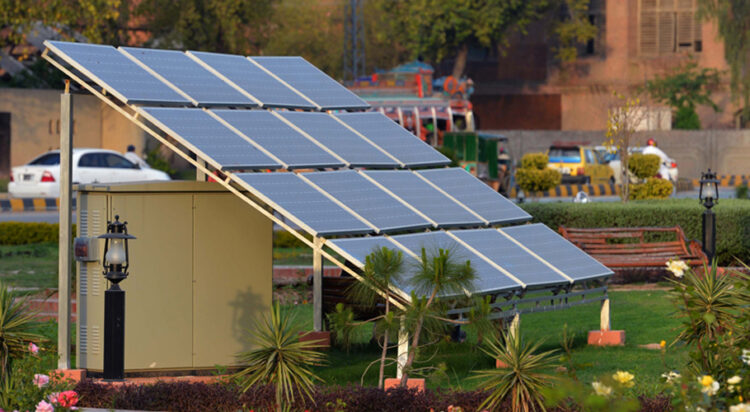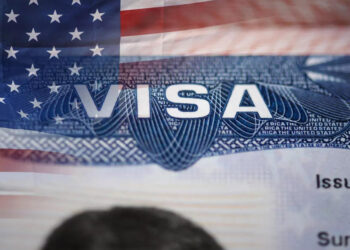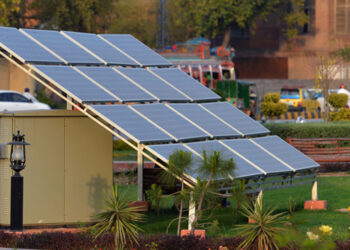Pakistan is poised to introduce major changes to its taxation framework in the upcoming federal budget for fiscal year 2025–26, with the Federal Board of Revenue (FBR) preparing measures aimed at generating approximately Rs 200 billion through enhanced sales tax and Federal Excise Duty (FED).
One of the key proposals under consideration is the imposition of an 18 percent sales tax on the import of solar panels—a move that would reverse the current tax-exempt status of these imports.
Moreover, the same standard rate of 18 percent may be applied to e-commerce transactions, signaling a broader effort to bring emerging digital sectors into the formal tax net.
The FBR has reportedly finalized a list of goods to be removed from both the Sixth Schedule (which pertains to tax exemptions) and the Eighth Schedule (which allows for reduced sales tax rates) of the Sales Tax Act. This suggests that many products currently enjoying preferential tax treatment may soon be subject to higher rates under the standard tax regime.
Furthermore, the government is expected to revise the sales tax structure for various goods currently taxed at concessionary rates, thereby broadening the tax base and increasing revenue collection. Despite these increases, certain medical items—particularly cancer-related equipment and essential lifesaving drugs—are expected to be added to the list of exemptions.














![Local residents at the Swat River, which is overflowing due to pre-monsoon heavy rains in the area on the outskirts of Mingora, the main town of Pakistan's Swat Valley [Sherin Zada/AP]](https://mmnews.tv/wp-content/uploads/2025/06/Flooding-in-Swat-river-350x250.jpg)



















